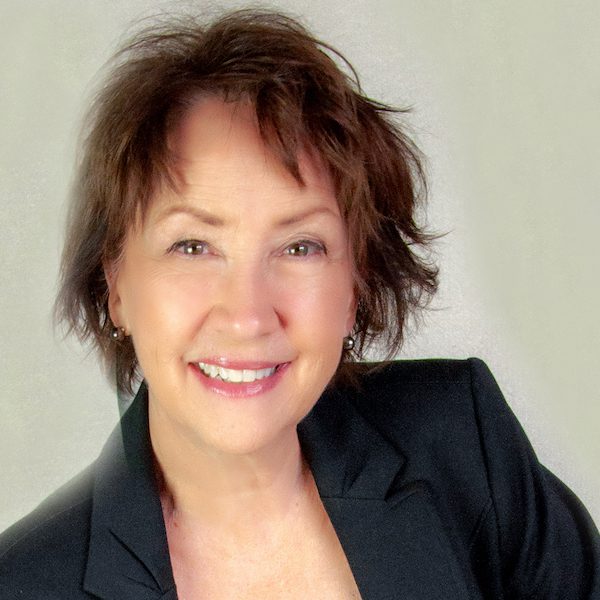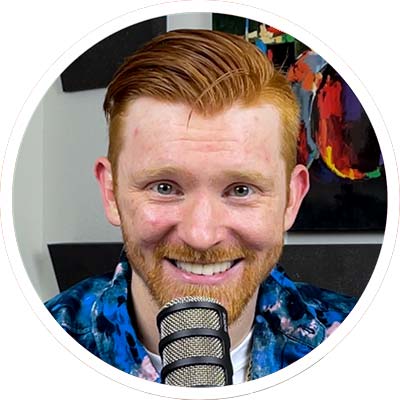Choose Your Vocal Genre Strategically! (Vocal Style for Your Goals)
Listen & subscribe to the podcast on iTunes … on Spotify … or anywhere else
Prefer Video? Watch on Youtube:
Prefer to read? Here’s the article:
Choosing the vocal style you should sing can be difficult if you are a new singer and have no idea what genre you should try. It’s also difficult if you’re a veteran singer who can sing just about any style you want, and are confused about what style is best for you. In this blogpost, I’m going to give you some help to make that choice strategically.
First, consider your vocal goals – what do you want to do with your voice?
1. Do you want to gain vocal skill, or to snap out of vocal boredom? Try singing songs in genres that are new to you.
- When you get out of the comfort zone of singing styles you’re familiar with, you can expand your voice’s skill set in several ways, such as wider vocal range, new vocal licks and embellishments, more precision and control, different tone colors, phrasing choices and rhythmic feel.
- Exploring styles you’ve never sung can help you see if you’re missing another type of music you would love and could do well. Or you may find some new vocal stying you could integrate into the genre you normally sing, breathing more life, nuance and uniqueness into your singing.
2. Do you want to perform in situations that require you sing multiple genres well? Choose to get very good at singing all of the ones you’ll need.
- If you want to get work as a studio session or road tour singer, you don’t want to limit yourself to one choice of genre. A nickname for this type of vocal career is ‘stunt singer’. You could be hired to sing on many different styles of music, and with radically different kinds of singers. If this is your goal, the more genres you can sing well, the better. You might want to get some training and/or spend quality time listening to the masters of each genre you want to ace.
- It can help to be able to cross genres if you want to compete in talent awards shows. They want you to show extreme vocal ability, often requiring a lot more showy technique than would be authentic for the normal genre of the song. Or a contestant could excel by beginning their performance in one genre and ending in quite another, such as when Christina Ramos began a stunning performance of a classical song and suddenly morphed into the rock classic ‘Highway to Hell’, getting her awarded the golden buzzer on Spain’s Got Talent.
- You might want to be known for extreme, genre-crossing vocal ability, such as the artist Pia Toscano who placed 10th in 2011 American idol. I saw her being featured in an Andrea Bocelli concert where she began with a stunning performance of the soulful ‘I’m Feelin Good’, then joined Bocelli for a beautiful classical duet.
- You might want to be able to sing formal genres such as choir music or classical art songs, then be able to change musical languages and do popular genre songs.
- You might just want to sing some great karaoke, where you can jump styles of songs and have a lot of fun impressing your audience!
3. Do you need to zero in on your artistic definition?
When you’re ready to drill down:
- What does my voice love?
- What does my heart love?
- What do I want to learn?
- What’s commercial?
- What does my voice love?
What style of music does your voice feel best singing? This includes such style factors as vocal licks, runs, scoops, rhythmic phrasing pocket, typical melodic complexity and vocal ranges of songs in the genre. Consider what is the most natural for your vocal ability, which includes “nature” (the size, density and other characteristics of your physical instrument) and “nurture” (the current level of vocal technique and stamina that you’ve developed).
- What does my heart love?
When you sing or hear music that moves you, what genre or style is it? When something genuinely moves you, you can make a safe bet it will have a passionate audience who it would also move, and who could comprise your fanbase.
- What do I want to learn?
What do I want to do with my voice that I don’t know how to do now? Do I want to learn to sing classical music, authentically deliver folk or country, develop some r&b riffs, find the vocal control to sing jazz or bluegrass, learn to articulate differently for or from musical theater or gospel? Do I want to power my voice for rock or wide-range pop country songs, or experiment with the rhythmic pocket and rhymes of hip-hop?
- What’s commercial?
What kinds of music are selling? What is successful on radio and in venues I’d like to play? Where can music purchasing and ticket-buying audiences for a particular style be found? What groups of people am I already engaged with? What interests, sports or hobbies do I have that connect me with people who might be interested in my music or with organizations that hold events or sponsor Entertainment?
- What genre is selling and has good fanbases that…
- my voice can confidently sing or that I want to learn to confidently sing and…
- that satisfies and moves my heart and delivers the messages I want to share.
This is the best way to pursue the business of music. Your priority is on the music, not the business; you let the music drive the business. To do this, don’t over-think it. But don’t limit yourself if all it would take to have the vocal ability for what your heart wants to sing and that people want to hear would be some training and experimentation. Take the time to do that!
Case Studies of genre-choice outliers:
- Rejecting Genre Limitation: Eva Cassidy Story:
- Combining Genres: Julia Loewen Story:
distributed in over 120 countries.. She shares a dramatic personal story of trauma and healing, and many years ago, she felt the need to expand her reach. She enlisted Kayla Morrison to help her with her dream, and Kayla contacted me. I suggested a cross-genre approach, combining her vocal skill, heart and messaging into a style we termed ‘Celtic Christian Rock’. I cowrote the songs with Julia and Kayla and was honored to produce the album, using top session players in Nashville including Sam Levine who played authentic Celtic instruments. This inter-genre project, titled “Into The Light” successfully extended her audience for the messages she wanted to share, now including her ministry to prison inmates.
- Crossing Genres: Songs that jump styles:
If you’re a songwriter, your dream scenario is for one of your songs to be successful in wildly different genres. For instance, the song “I Swear”, written by Frank Myers and Gary Baker, was a hit country single for John Michael Montgomery and also a hit pop/r&b single for the band
‘All-4-One’. The song written by Dolly Parton ,‘I Will Always Love You’, was a
hit country single for Dolly and an R&B hit by Whitney Houston. The genre
is determined by the singer’s vocal style and recording production choices. If
you’re a singer, it can be a successful strategy to take a hit song and change
its genre to fit your voice and your audience!
- Shifting Genres: My Story:

























